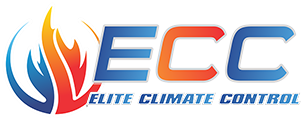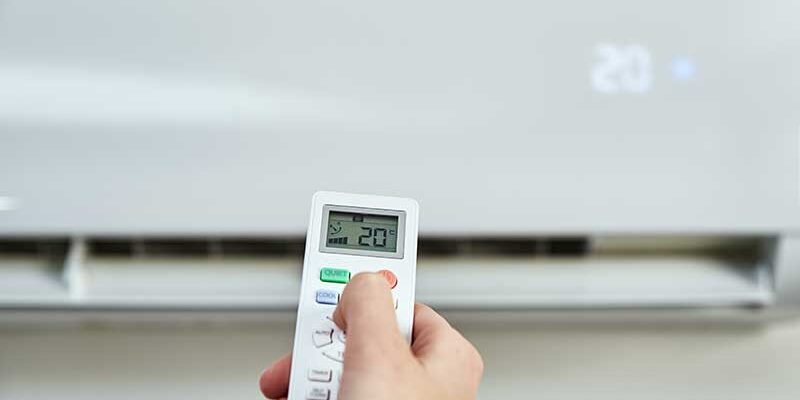What is the first item that comes to mind when you consider home comfort? For most individuals, it is a comfortable indoor temperature. However, comfort is dependent on the quality of the air you consume as well as the temperature. Your home’s HVAC (Heating, Ventilation, and Air Conditioning) system plays an essential function in maintaining the indoor air quality (IAQ). In this blog, we will examine the relationship between HVAC systems and indoor air quality in order to help you breathe easier in your home.
Importance of Air Quality Indoors
Indoor air quality refers to the presence of pollutants, allergens, and other contaminants in the air within your residence. Inadequate residential air quality can result in a variety of health complications, including allergies, respiratory issues, and discomfort. These are common indoor air pollutants:
- Dust and Allergens: Dust mites, pet dander, and pollen can aggravate asthma symptoms and trigger allergies.
- Mold and mildew flourish in moist environments and emit spores that can be harmful if inhaled.
- Volatile Organic Compounds (VOCs): VOCs, which can be found in paints and cleaning supplies, can have both short- and long-term health effects.
- Radon and carbon monoxide are life-threatening odorless, colorless gases if not adequately ventilated.
Influence of HVAC Systems on Indoor Air Quality
In addition to maintaining a comfortable temperature, your HVAC system plays a crucial role in managing indoor air quality. This is how:
- Filtration: HVAC systems are outfitted with air filters that prevent dust, allergens, and other particles from circulating throughout your residence. Changing or cleaning these filters on a regular basis is vital for maintaining excellent indoor air quality.
- Proper ventilation guarantees the exchange of indoor and outdoor air, thereby reducing the accumulation of indoor pollutants. Modern HVAC systems frequently incorporate ventilation components that bring in fresh outdoor air and exhaust stagnant indoor air.
- Controlling humidity levels is essential for preventing the growth of mold and fungi. Some HVAC systems include dehumidifiers for optimal humidity control.
- Advanced HVAC systems may include air purification technologies such as UV lights or electronic air cleaners to eliminate airborne pathogens and viruses.
Improvements to Indoor Air Quality Using Your HVAC System
- Schedule routine maintenance on your HVAC system to ensure that it operates effectively and efficiently. This involves cleaning or replacing air filters and inspecting for leakage or other problems.
- Upgrade Your Filters: To capture even finer particles, consider using high-efficiency particulate air (HEPA) filters or electrostatic filters. These filters can significantly improve IAQ.
- Utilize exhaust vents in the bathroom and kitchen to remove moisture and contaminants. When the weather permits, opening windows can also help to purify the air.
- Consider using standalone dehumidifiers if your HVAC system lacks a built-in dehumidifier to maintain ideal humidity levels.
- Consider Air Purifiers: In areas with high pollution or allergen levels, air purifiers can supplement the filtration of your HVAC system.
The conclusion
Your HVAC system is more than just a thermostat; it is your ally in maintaining a healthy and comfortable living environment. By comprehending the relationship between HVAC systems and indoor air quality, you can ensure that the air you breathe at home is clean and safe. Regular maintenance and thoughtful upgrades can significantly improve your indoor air quality, allowing you and your family to breathe easier and experience a healthier living environment.




